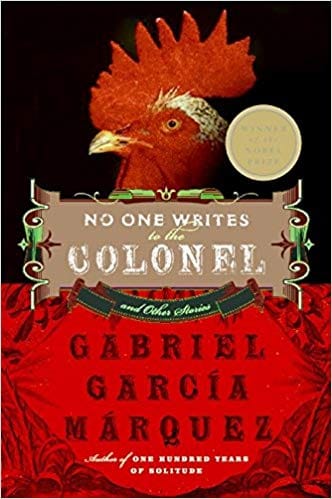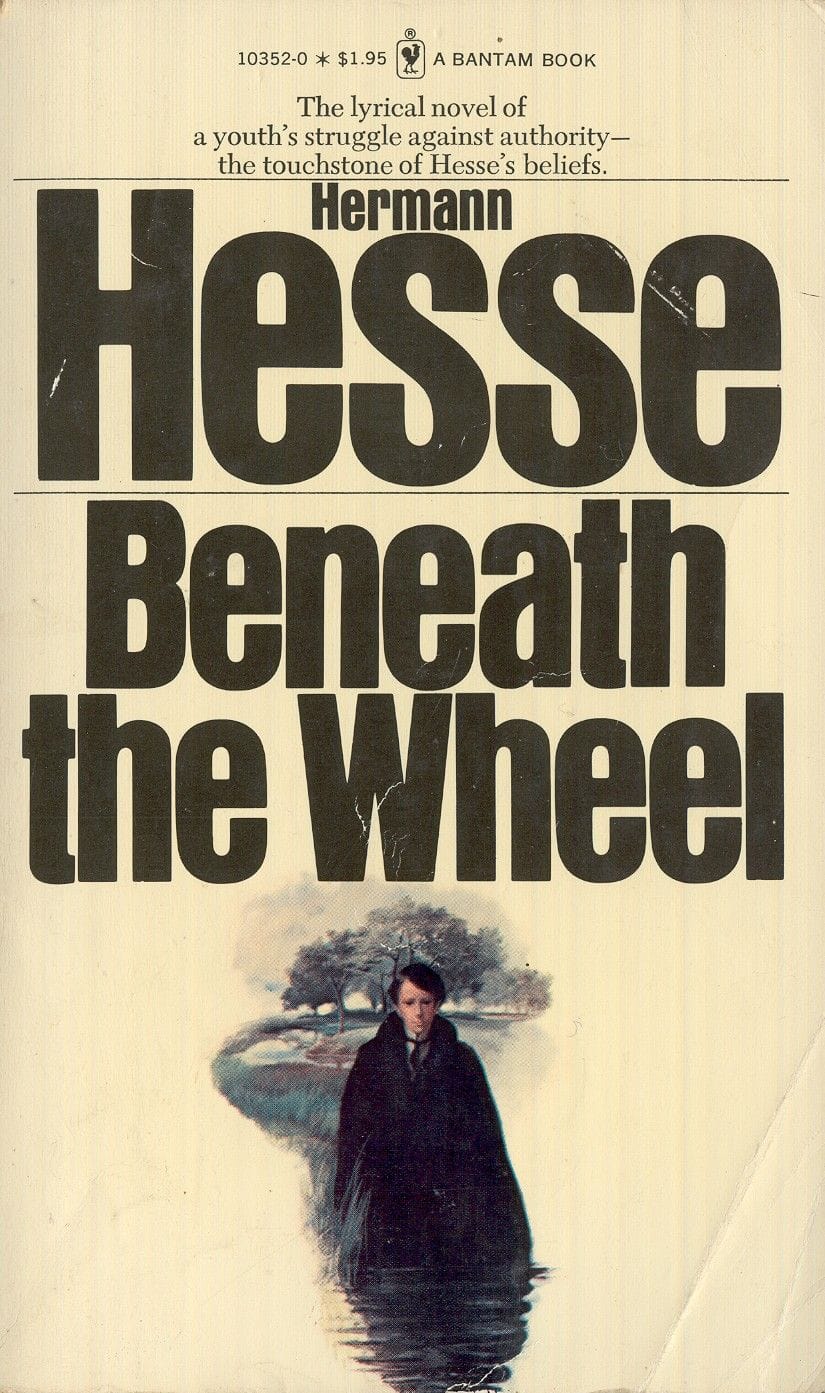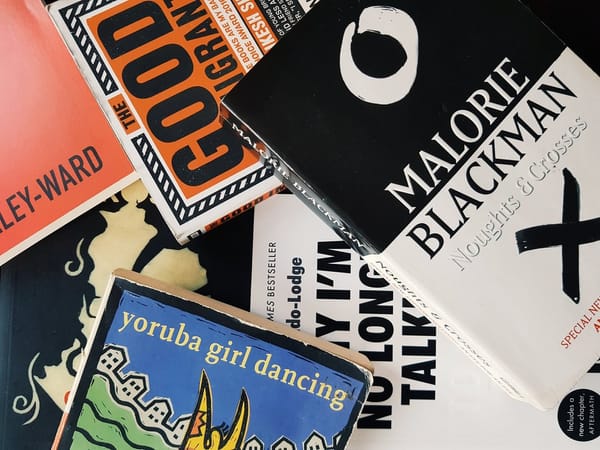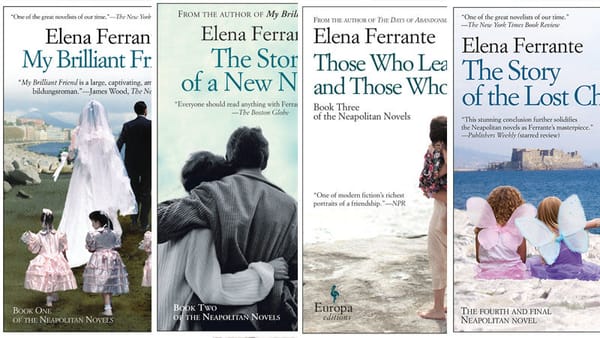A trip down memory lane: two mini reviews
Over the Christmas break, Books writer Pavan Inguva revisited some old book purchases - and realised the timelessness of themes and inclinations.

Before starting at Imperial, I took a short holiday to India to visit friends and family. For those of you who don’t know, India is an amazing place to buy books. You can get original prints of many books for a fraction of the price compared to any western country. Obviously I took this chance to stock up. I did not however have the time to read many of them. Fast forward to Christmas break this academic year, when the parents summoned me to go home, I took the chance to browse through my bookshelf. This invoked a remarkable sense of nostalgia. It has been more than three years since I had a proper look at my own little collection. I was both surprised and saddened to see how much more I read before starting university. That said, this was a fantastic opportunity to review how my own thoughts and literary tastes have evolved over the past couple of years. I decided to bring back two relatively short books, both titles I purchased in 2015 or earlier and have yet to read. Quite frankly, considering how busy final year can be, I thought it would be a miracle if I could finish them during term time, yet here we are! This review therefore is to me a mix of sharing how I felt about these two books and an oddly therapeutic exercise in retrospection. Both titles are fairly straightforward reads that would take a leisurely afternoon.
No One Writes to the Colonel by Gabriel Garcia Marquez

Marquez, who won the 1982 Nobel prize for Literature, is more well-known for his other works such as One Hundred Years of Solitude and Love in the Time of Cholera. This story is set in the 1940s, where a nameless retired and impoverished Colonel is struggling to make ends meet. He dutifully awaits his military pension which was supposed to have arrived many a moon ago. The title of this book comes from the line said by the postmaster to the Colonel as he distributes the mail to the villagers: “No one writes to the Colonel!”. His asthmatic wife knows all the better that it is not coming and, by the time we are introduced to the characters, there is almost nothing of value they own except for a prized fighting cock. The cock is the last thing they own that belonged to their son who was executed for distributing subversive literature. We are led down the mildly depressing path where the Colonel gradually realises the futility of his hope in both his pension coming and of the cock yielding the desired returns. This work departs from Marquez’s style of magic realism, but it still is remarkably effective in shedding light on the human psyche and response to circumstances beyond our control. I say this because, whilst reading this book, images of a dusty Indian village from a soap opera pop into mind; people ostensibly behave in a similar manner when faced with comparably adverse circumstances.
Beneath the Wheel by Herman Hesse

Before going to university, Hermann Hesse was one of my favourite authors. I enjoyed how many of Hesse’s stories describe the inner turbulence of what it means to seek for the good life and what that constitutes. I hesitate to say that his work is well-suited for working through teenage existential angst because it is so much more than that, but you get my drift. I would highly recommend reading Steppenwolf and The Glass Bead Game as these are, in my opinion, two of his most profound works. Incidentally, he did win the Nobel prize for Literature in 1946. Beneath the Wheel is one of Hesse’s earlier works and, having read many of his books in a random order, it was interesting to see themes present in later works taking shape here. Hans, a boy living in a small village near the Black Forest was identified as a capable student and correspondingly encouraged (read: pressured/led) to pursue further academic studies. Having performed exceedingly well in the state exam, he entered a prestigious academy. At each step, for having performed well, he was rewarded with more work. At the academy, Hans befriends a rebellious romantic and poet and gradually is exposed to worlds outside scholarship. Simultaneously, his academic performance declines and in a cascading series of setbacks, he drops out of the academy. Eventually, Hans becomes an apprentice mechanic and is gradually healed by nature and romance only to meet his unfortunate end after a jolly with his fellow apprentices. Whilst this plot may seem rather trite when read today, two points help mitigate this. Firstly, Beneath the Wheel was written over a hundred years ago and the content remains relevant. Secondly, Hesse’s sublime writing style still makes it an enjoyable and thought provoking read.








